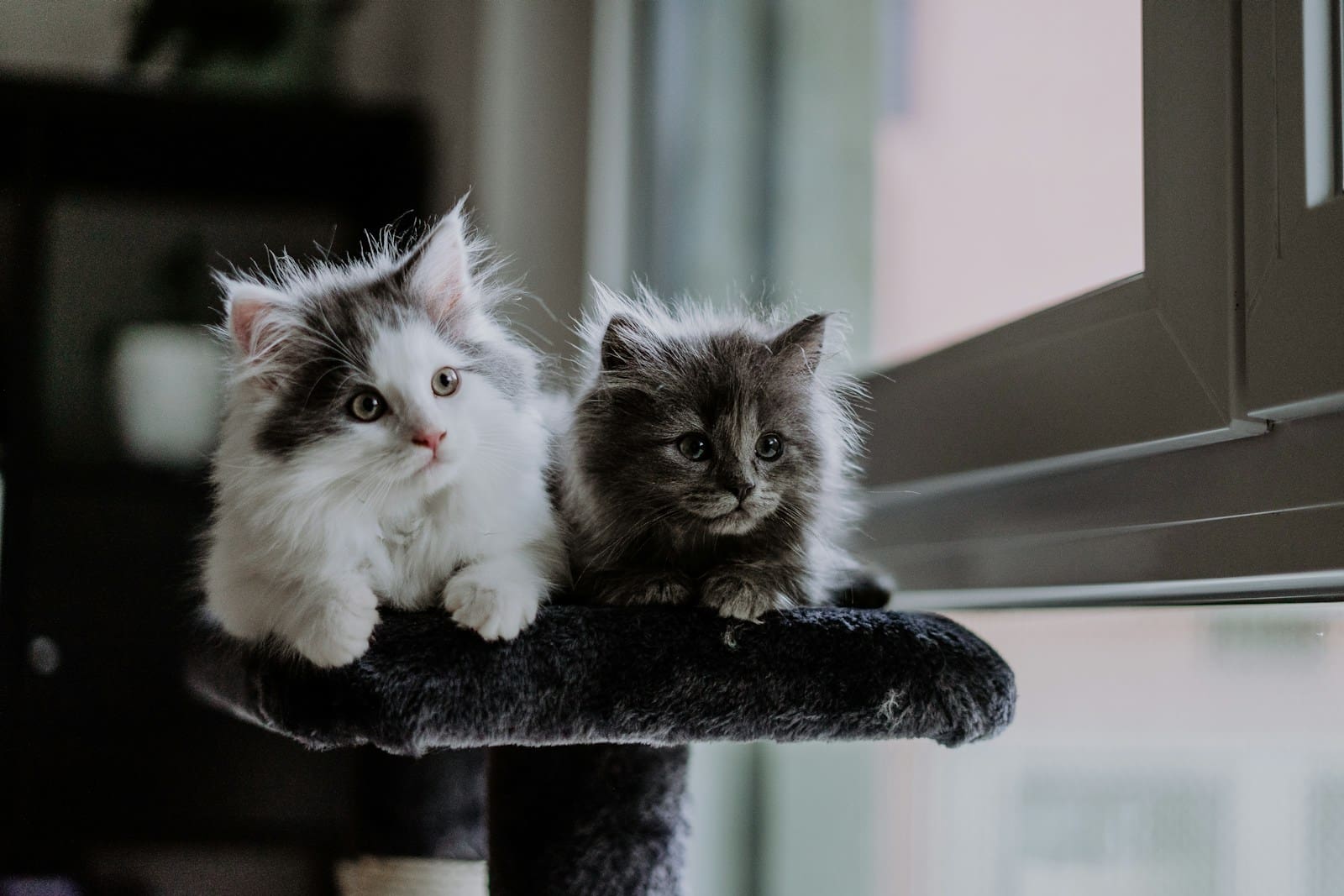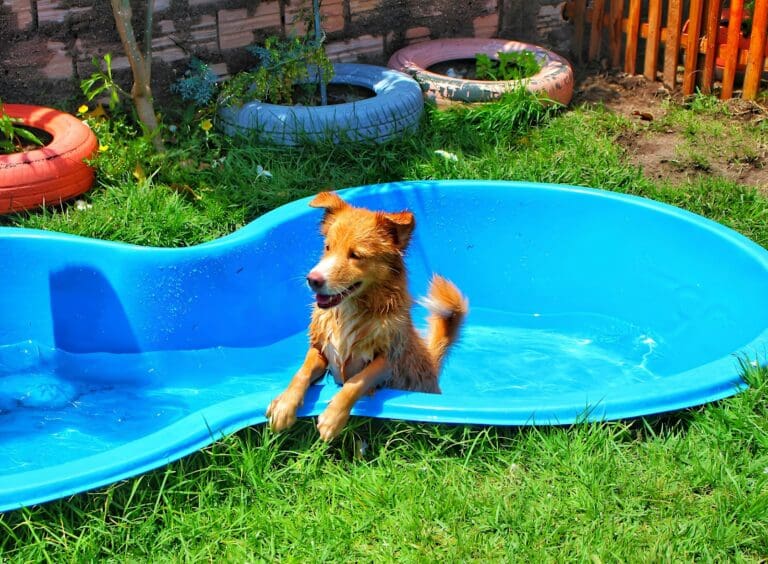If you’ve got a mother cat preparing to have a litter of kittens, there are a few things you can do to get ready for the newborns. Here are ten tips to help you prepare for your litter of tiny felines.
Spay or Neuter Your Cats
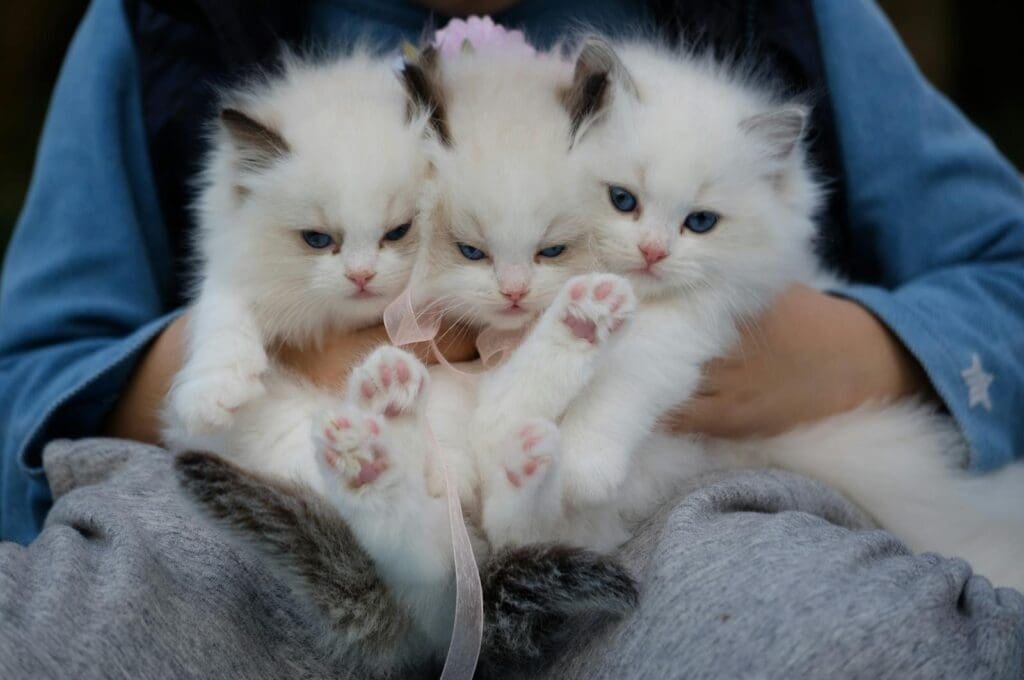
As a general rule, you should spay or neuter your cats. There are a lot of kitties out there in the world, and it’s important to control their population so there aren’t too many feral or abandoned cats. However, if you’re planning on caring for a litter of kittens and don’t mind the responsibility, read on.
How to Tell if a Cat is Pregnant
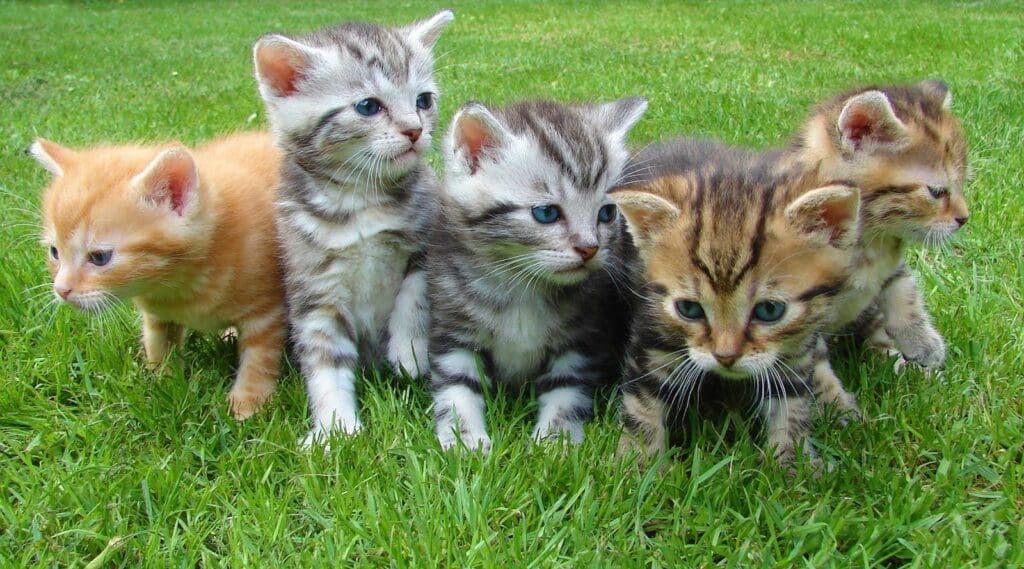
If you’ve got a female cat who isn’t fixed and spends time outdoors, odds are good she’ll get pregnant with a litter of kittens. You can usually tell this by the cat’s behavior shifting after she goes into heat. You might even notice the kitty experiencing morning sickness symptoms and gaining weight around her stomach.
Go to the Vet
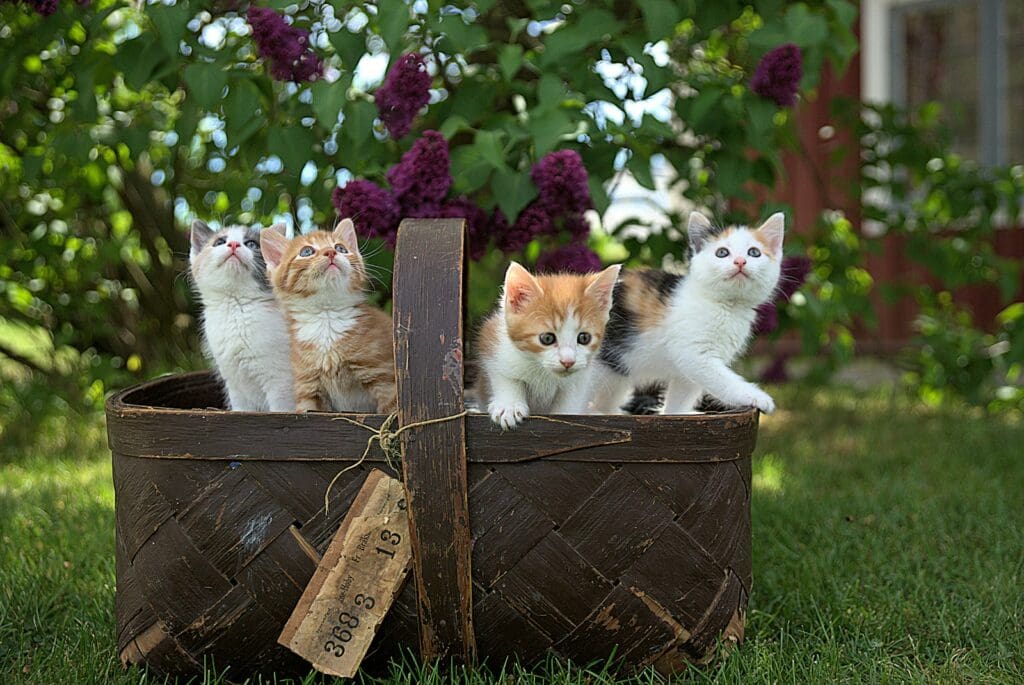
If you’re planning to let a cat become pregnant, make sure you get them to the vet and have them fully vaccinated and dewormed. Many diseases and parasites can be passed from the mother cat to the kittens, so it’s best to handle this ahead of time.
What to Feed Them
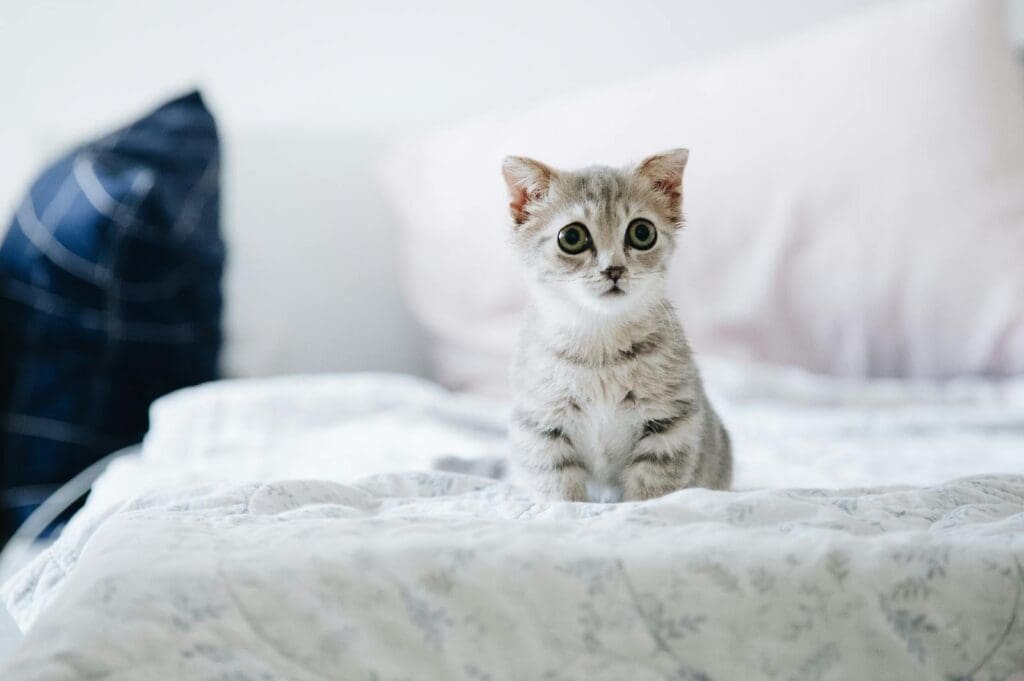
An expecting mother cat needs a lot more food than a normal cat. This is because she needs enough calories to grow a whole litter of kittens! Consider feeding an expecting mother cat larger portions of kitten food, since it’s higher in calories and vitamins.
Exercise
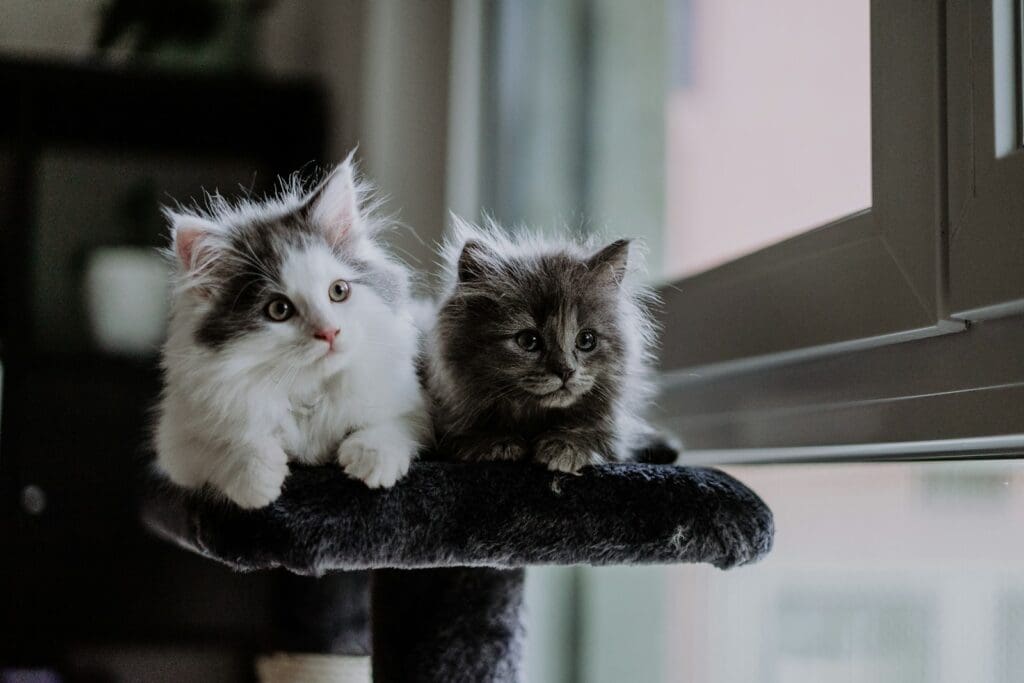
You can still play with a kitty when she’s pregnant. In fact, cat pregnancies tend to go better when the mother cat is fit and healthy. Don’t worry about overworking the kitty, either. She’ll know her limits and will lay down to relax when she’s tired.
What if Something Goes Wrong?
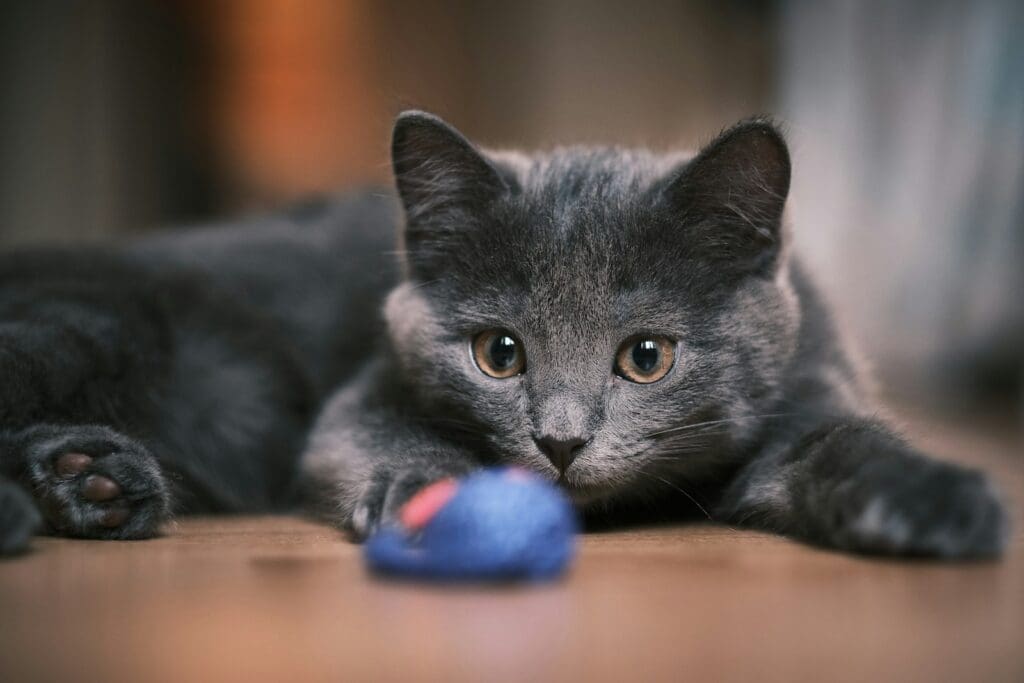
You can tell that something might be going wrong with a cat pregnancy if you notice some symptoms like excessive licking, blood in the litter box, loss of appetite, or signs of distress. If you see any symptoms like these, get your cat to the vet immediately, as there could be an issue with the kittens.
When is it Time?
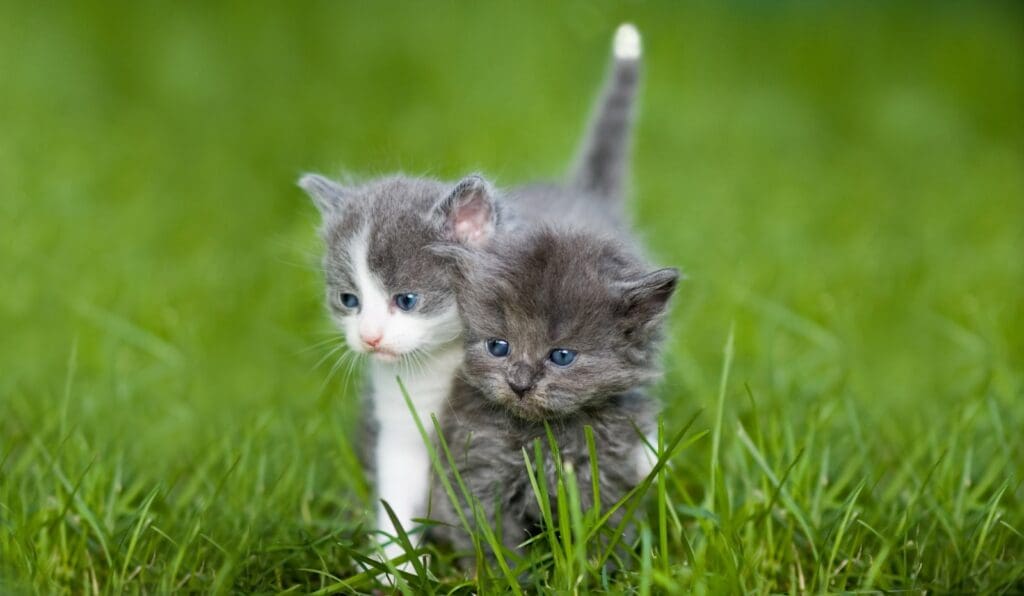
Cat pregnancies tend to last around 58 to 67 days. You’ll know it’s almost time for the kittens to arrive when your cat becomes lethargic and stops eating as much, starts looking for somewhere safe to nest, purrs or pants heavily, or begins licking around her stomach a lot.
Prepare a Nest
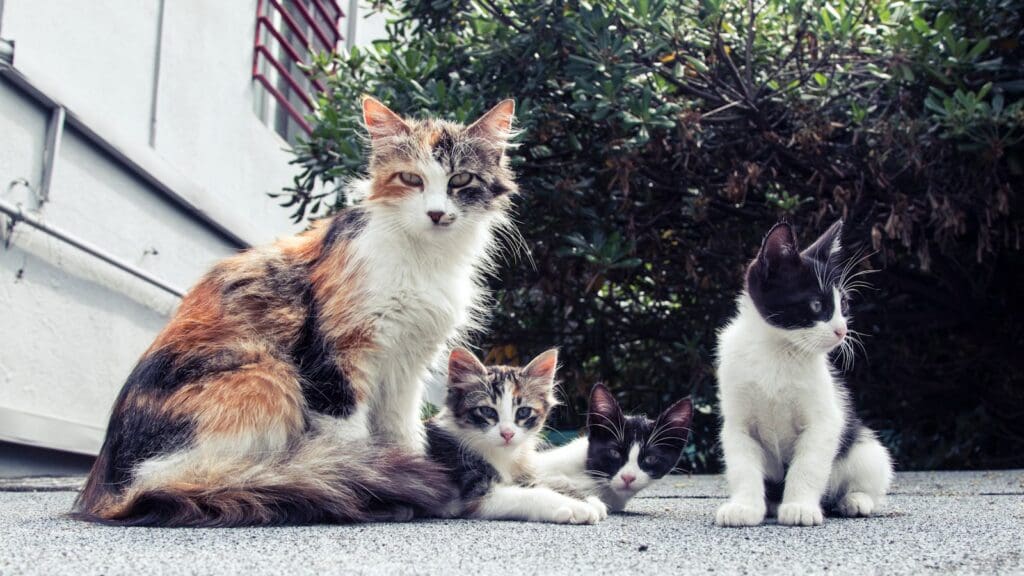
You can make things easier for your expecting mama cat by making her a nest ahead of time. Put some cardboard boxes lined with old towels and blankets in closets and other secluded areas. These will make it easier for her to find a nearby, safe place to have the kittens.
Read More: Pros and Cons of Adopting an Older Cat
Do You Need to do Anything to Help?
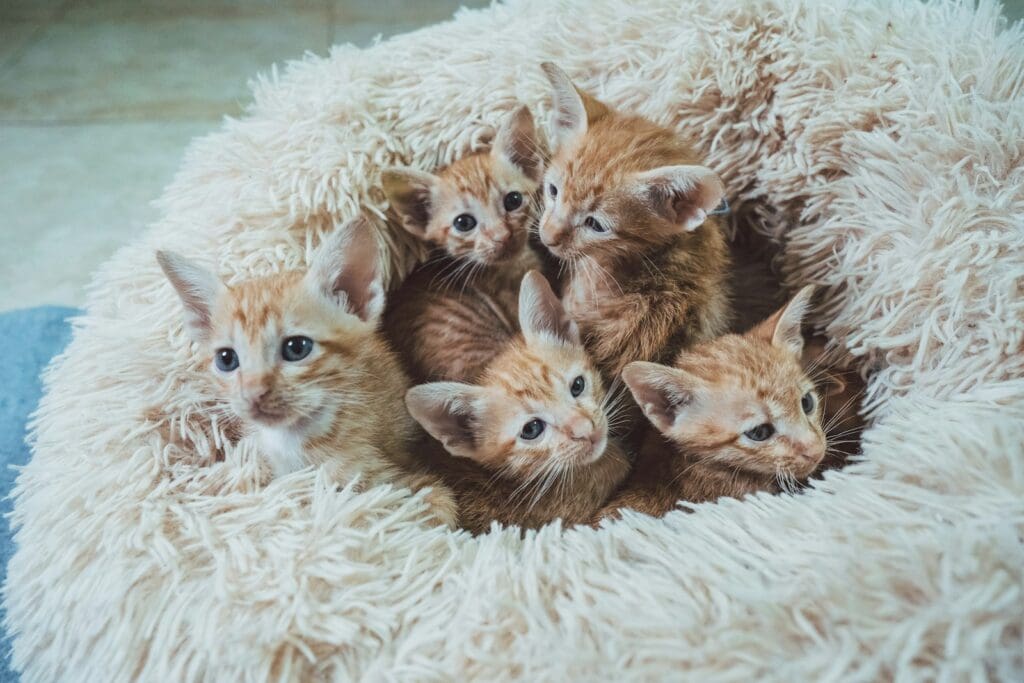
Complications during cat labor are thankfully quite rare. Just keep an eye on the kitties and make sure that things are progressing normally. Usually, it should be about ten minutes to one hour between kittens. If it takes the mother cat more than three hours between kittens, call your vet.
Read More: 10 Things to Know Before You Foster a Cat
Looking After Newborn Kittens
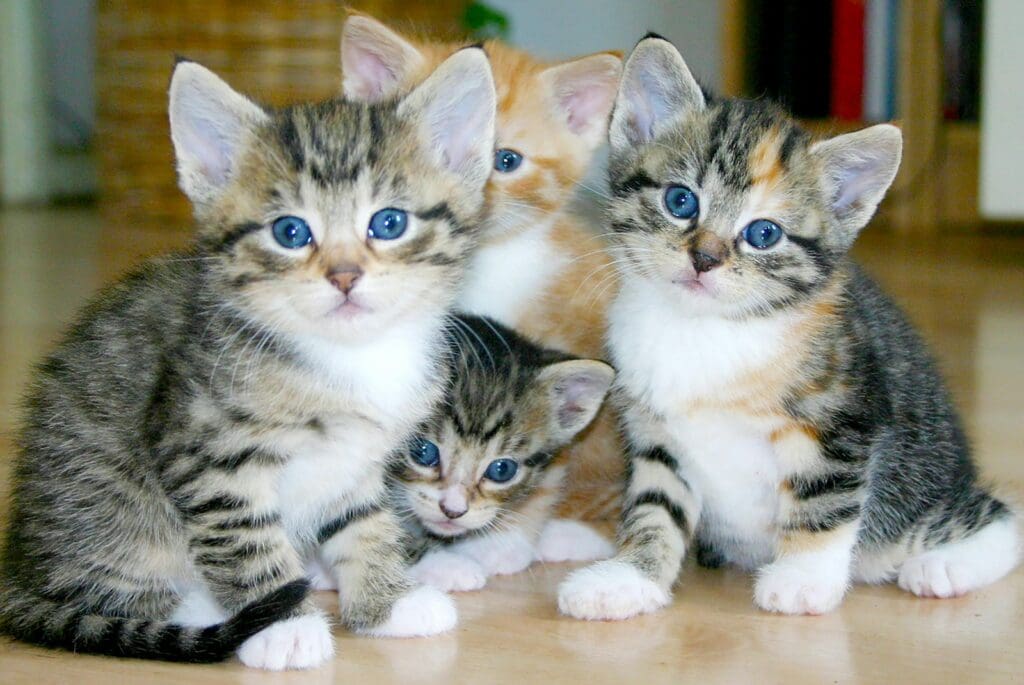
The biggest thing to look out for after a mother cat gives birth is if she plans to reject any of the kittens. If she does, you’ll need to step in and take care of any rejected kittens yourself. Speak to your vet to get kitten formula and be prepared to warm the kittens up by gently rubbing them and drying them off.
Read More: 10 Essential Things Every New Kitten Owner Should Do

